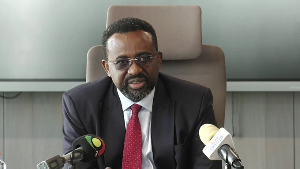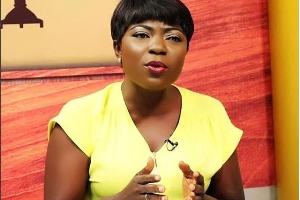Prof Audrey Gadzekpo, the Dean of the School of Information and Communications Studies, University of Ghana, has called on Ghanaians to do more to change the narrative of gender inequality against women and girls.
Prof. Gadzekpo who was speaking at a panel discussion hosted by the Centre for Democratic Development (CDD-Ghana) in Accra, to interrogate issues on feminism and new approaches in the push for gender equality, said little gains were made towards female inclusion in socio-cultural, economic, political and even religious line spaces.
She however noted that diverse battles had changed the narratives in areas such as education and health, but the pace was slow, hence the need to develop new strategies to eliminate the numerous hostilities against females who tried to enter into male dominated spheres.
She said it was sad that several years after Beijing, women continued to suffer discriminations in their efforts to contribute to national development, citing the hostilities they faced especially in trying to get to the decision-making table.
Prof. Gadzekpo stated that intolerant political landscape of Ghana and in many countries world-wide was a major factor to the low representation of women at the decision-making levels.
She said most women would rather hold back from actively participating in political or other social activities for fear of abuse, both physically and verbally, a phenomena that infiltrated into Ghanaian politics.
She indicated that such cases of abuse remained the reasons why the country continued to perform poorly in its course to empower more women to take up political leadership roles.
She called for a unified voice towards affirmative action and the need to implement the quota system to allow more women to get into the discussion tables.
Ms Josephine Sanny, a Representative of the Afro barometer Communication Coordinator for Anglophone West Africa, confirmed the fact that statistics had shown high gender inequalities in the Ghanaian society and called for change.
Dr Kojo Asante, the Director of Advocacy and Policy Engagement at the CDD-Ghana said it was the strategy of the Centre to sustain the discussions around such issues in order to effect the needed change.
General News of Saturday, 7 March 2020
Source: GNA

















